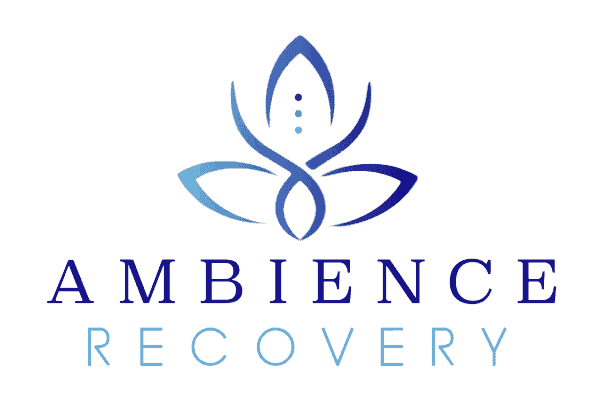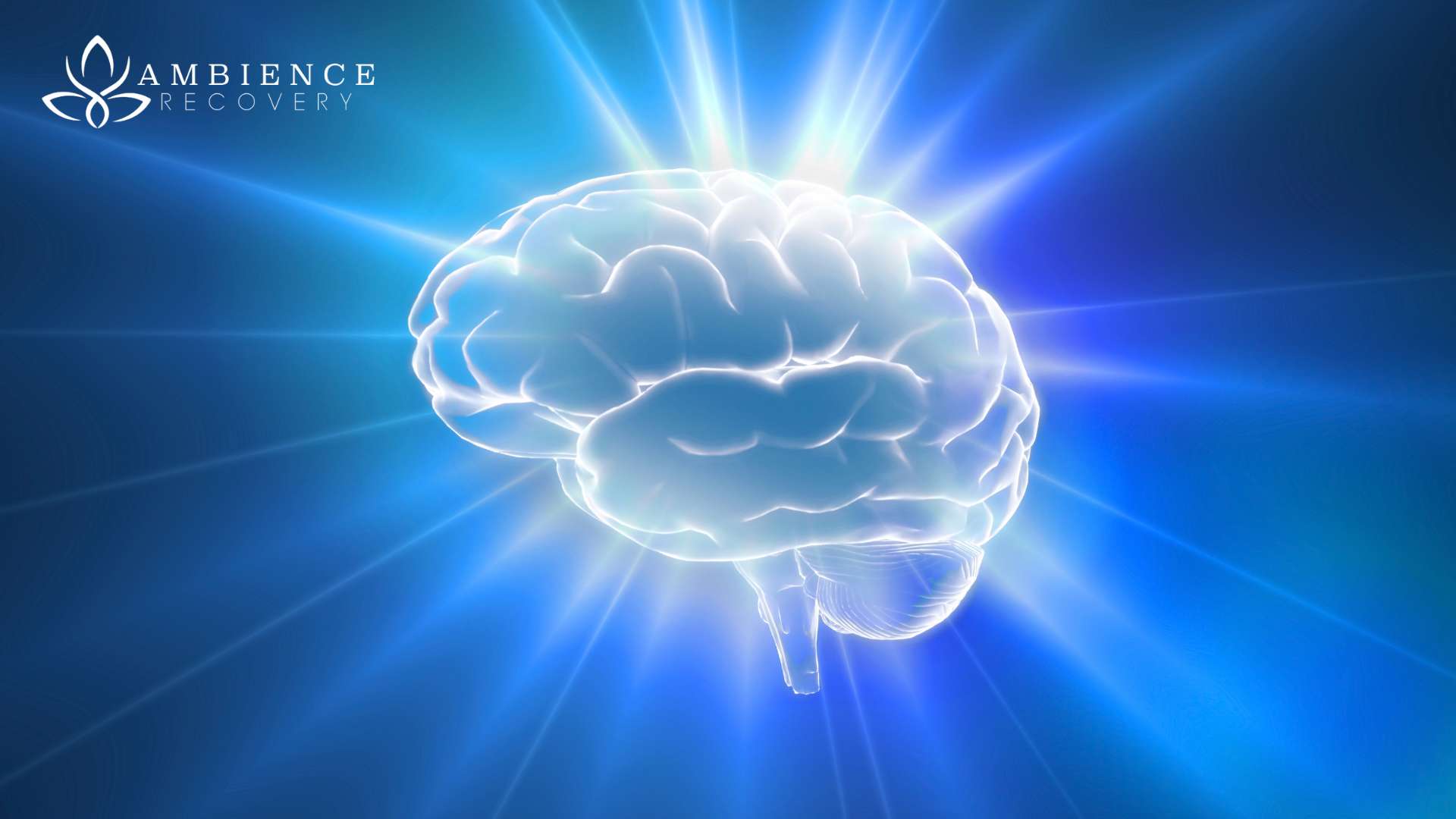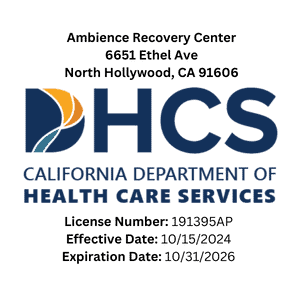Key Takeaways
- Addiction rewires the brain, affecting its reward system, decision-making, and impulse control.
- Substances like opioids, alcohol, and cocaine flood the brain with dopamine, leading to lasting changes.
- Understanding addiction as a brain disorder helps guide effective treatment and recovery.
Introduction
Addiction is a chronic condition that affects millions of people worldwide. It doesn’t just harm physical health or relationships—it changes how the brain works. Understanding how addiction alters the brain can shed light on why it’s so hard to stop using substances and how treatment helps.
Substances like alcohol, opioids, and cocaine flood the brain with dopamine, a chemical linked to pleasure and reward. Over time, this flood of dopamine can cause significant changes in how the brain functions. Let’s explore how addiction impacts the brain and what it means for recovery.
How the Brain’s Reward System Works
The brain’s reward system motivates us to seek things that bring pleasure or improve survival, like eating or socializing. When you eat your favorite food or spend time with loved ones, the brain releases dopamine, a chemical that makes you feel good.
Dopamine acts like a reward signal, reinforcing behaviors that bring pleasure. This system helps us learn what’s beneficial and encourages us to repeat those actions.
How Addiction Hijacks the Reward System
Addictive substances take over this system. Drugs and alcohol flood the brain with much higher levels of dopamine than natural rewards ever could. This causes intense euphoria, also known as a “high.” Over time, the brain starts to prioritize substance use over other activities, altering its natural balance.
How Addiction Changes How The Brain Works
Addiction doesn’t just change how you feel—it physically alters the brain. These changes make it harder to resist cravings and more challenging to stop using substances.
The Nucleus Accumbens
This area, often called the brain’s reward center, plays a significant role in addiction. It’s responsible for processing pleasure and motivation. Drugs overstimulate this area, making the brain crave more of the substance to feel normal.
The Prefrontal Cortex
This part of the brain helps with decision-making, self-control, and planning. Addiction weakens the prefrontal cortex, making it harder to make healthy choices or resist impulses.
The Amygdala
The amygdala is linked to emotions and stress. Addiction makes this area more sensitive, which is why people in recovery often feel heightened anxiety or irritability.
These changes create a cycle: the brain craves the substance, the prefrontal cortex struggles to resist, and the amygdala amplifies emotional triggers.
The Role of Dopamine in Addiction
Dopamine plays a central role in addiction. When someone uses drugs or alcohol, dopamine levels surge, creating a powerful sense of pleasure; this dopamine rush reinforces drug-seeking behavior, making the brain remember the substance as a source of reward.
Dopamine Overload and Long-Term Effects
Over time, the brain adjusts to these high dopamine levels by naturally producing fewer chemicals. This is why people with addiction often lose interest in things they once enjoyed, like hobbies or relationships. The brain’s reward system becomes dependent on the substance for pleasure.
This dependency makes quitting incredibly difficult. Even after stopping substance use, the brain may still crave the dopamine boost, leading to powerful urges and a risk of relapse.
Addiction and Impulse Control
Addiction weakens the prefrontal cortex, the part of the brain responsible for self-control and decision-making. This makes it harder for individuals to resist cravings, even when they know the negative consequences of using the substance.
Impulsive Behavior and Relapse
When the brain’s impulse control is compromised, it’s easier to act on cravings. Stress, emotional triggers, or environmental cues can quickly lead to relapse. This is why addiction is often described as a chronic condition requiring ongoing management.
Can the Brain Recover from Addiction?
The good news is that the brain can heal. Thanks to neuroplasticity, the brain can adapt and form new connections. However, recovery takes time and requires the proper support.
Therapies to Support Brain Recovery
- Cognitive-Behavioral Therapy (CBT): Helps individuals recognize and change negative thought patterns.
- Medication-Assisted Treatment (MAT): Reduces cravings and stabilizes brain chemistry.
- Mindfulness Practices: Yoga and meditation can reduce stress and promote healing.
The Importance of Treatment
Professional treatment programs are designed to help the brain recover. They offer therapies that retrain the brain’s reward system, improve impulse control, and reduce the risk of relapse.
Conclusion
Addiction is more than a behavioral issue—it’s a condition that changes the brain’s structure and function. It affects the reward system, decision-making abilities, and impulse control, making recovery challenging.
Understanding how addiction impacts the brain highlights the importance of seeking professional treatment. With the right care, the brain can heal, and individuals can regain control of their lives.
If you or someone you love is struggling with addiction, help is available. Call Ambience Recovery at 866-721-7470 today to begin your journey toward healing and recovery.
FAQs About Addiction’s Effect on The Brain
How Does Addiction Affect the Brain?
Addiction alters the brain’s reward system, making it harder to feel pleasure, and weakens areas responsible for decision-making and impulse control.
What Is the Role of Dopamine in Addiction?
Dopamine reinforces drug use by creating intense feelings of pleasure. Over time, the brain relies on substances for dopamine, leading to dependency.
Can the Brain Recover from Addiction?
Yes, the brain can recover through neuroplasticity, especially with the help of therapies and treatments that support healing.
Which Brain Areas Are Affected by Addiction?
Addiction impacts the nucleus accumbens (reward system), prefrontal cortex (decision-making), and amygdala (emotional responses).
How Can Treatment Help the Brain Recover?
Professional treatment programs offer therapies and strategies to retrain the brain, reduce cravings, and improve impulse control.
How Does an Addicted Brain Work?
An addicted brain becomes rewired to prioritize substance use over other needs, driven by changes in the reward and decision-making centers. Drugs or alcohol overstimulate the brain’s reward system, reinforcing cravings and compulsive behaviors while reducing control over impulses.
Which Part of The Brain is Affected From Drug Use?
Drug use primarily affects the brain’s reward system (nucleus accumbens), decision-making centers (prefrontal cortex), and emotional regulation areas (amygdala). Long-term use can cause structural and functional changes, impairing judgment, self-control, and emotional stability.
Does Addiction Affect The Natural Reward System in Your Brain?
Yes, addiction hijacks the brain’s natural reward system by flooding it with dopamine, creating an intense feeling of pleasure. Over time, the brain reduces natural dopamine production, making it harder to feel joy or motivation without the substance.
Does Opioid Addiction Affect The Brain?
Opioid addiction alters brain function by binding to opioid receptors, suppressing pain, and releasing excessive dopamine. This rewiring weakens the brain’s ability to regulate emotions, manage stress, and experience natural rewards, leading to dependence and withdrawal symptoms.
What Types of Addictive Substances Affect The Brain?
Substances like opioids, alcohol, stimulants (e.g., cocaine, methamphetamine), sedatives (e.g., benzodiazepines), and nicotine all affect the brain by altering neurotransmitter levels. These changes impact mood, decision-making, and reward pathways, often leading to dependency and addiction.
Resources
https://nida.nih.gov/publications/drugs-brains-behavior-science-addiction/drugs-brain
https://www.webmd.com/mental-health/addiction/drug-abuse-addiction
https://adf.org.au/insights/brain-recovery-after-aod/
Katie is a Licensed Clinical Social Worker who has worked as a primary therapist, supervisor, and now clinical director for SUD/MH treatment centers for the past 12 years. Katie is trained in Brainspotting, EMDR, Internal Family Systems and Dialectical Behavior Therapy and is passionate about treating substance use disorders, trauma and grief.






